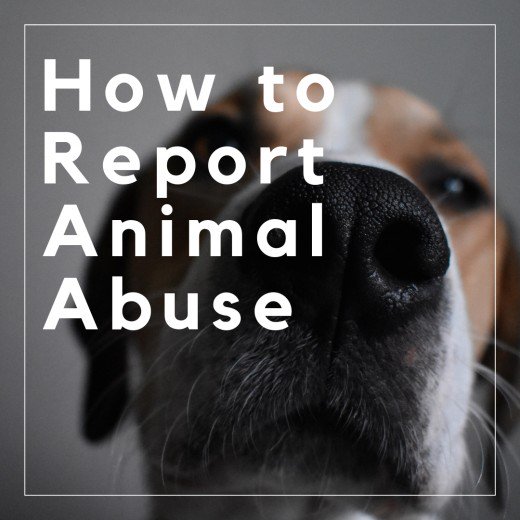In a world increasingly attuned to the plight of our furry, feathery, and scaly companions, how often do we pause to consider: what constitutes animal cruelty, and how can we, as responsible citizens, combat it effectively? For residents of Tennessee, understanding the legal framework surrounding animal welfare is paramount, as it empowers individuals to act decisively against instances of abuse. However, recognizing cruelty is merely the first step; the labyrinthine process of reporting such offenses can present its own unique challenges. This article delineates the essential legal framework and provides necessary contacts to facilitate the reporting of animal cruelty in Tennessee.
Firstly, it is imperative to comprehend what animal cruelty encompasses under Tennessee law. The state’s statute is articulated in Tennessee Code Annotated § 39-14-201, which defines animal cruelty as the intentional or malicious infliction of harm upon an animal, failure to provide necessary sustenance, or committing acts that cause undue suffering. Understanding these definitions lays the groundwork for discerning what actions, or inactions, may warrant action on your part.
Animal neglect poses one of the most insidious yet overlooked forms of cruelty. This can manifest as inadequate food, shelter, or veterinary care. For example, if a pet is left without access to clean water for an extended period, that situation may warrant intervention. Furthermore, Tennessee law classifies deprivation of necessary sustenance as a criminal offense. Consequently, being vigilant about the care environments of animals in your community is vital.
When faced with the unfortunate reality of witnessing animal cruelty, knowing how to report it becomes essential. If you find yourself in such a grim situation, your first point of contact should typically be local law enforcement or animal control. In Tennessee, many counties have dedicated animal control officers responsible for investigating claims of cruelty. Depending on your area, the local sheriff’s department may also handle cruelty reports; therefore, it is prudent to familiarize yourself with both options.
Moreover, it is crucial to document the incident thoroughly. Take note of the specifics: date, time, and location of the occurrence, as well as any observable signs of distress in the animal. Photographic evidence can also be instrumental. Providing clear, irrefutable documentation of the animal’s condition significantly enhances the effectiveness of your report, clearly conveying the severity of the situation.
You might wonder: what if local channels seem inadequate, or if you feel intimidated by a potentially unsupportive response? Should this be the case, you are encouraged to reach out to statewide organizations. The Tennessee Humane Society is one such entity offering vital resources and guidance. Their knowledgeable staff can assist you with navigating the complexities of cruelty reports and may even provide avenues for escalation.
In addition to local authorities and organizations, the state’s animal control departments play a pivotal role in the enforcement of animal welfare laws. Tennessee is equipped with a variety of regional animal control offices. Each county has the authority to implement its guidelines regarding animal management, with many adhering to the minimum standards set forth by state law. Familiarizing yourself with your county’s specific animal control contact is, therefore, highly advantageous.
It is important to emphasize the role of the general public in combating animal cruelty. Community involvement leads to heightened awareness and advocacy, both essential for fostering a culture of respect for all living beings. Organizing awareness campaigns, possibly even collaborating with local shelters or humane organizations, can galvanize collective action. These initiatives can support educational outreach on the importance of humane treatment of animals, thus creating a ripple effect throughout the community.
Furthermore, due to an alarming prevalence of animal cruelty cases, legislative advocacy emerges as a crucial line of defense. Empowering yourself by staying informed about ongoing legislative endeavors and supporting animal welfare laws enhances the framework protecting animals in Tennessee. Engaging with representatives to express your views can catalyze critical changes in laws that may currently lack sufficient protections for animals.
A potential stumbling block arises when one encounters the emotional toll of involvement. Witnessing animal cruelty is invariably distressing, and you may grapple with feelings of helplessness or doubt regarding the effectiveness of your efforts. It is essential to remember that every action counts. Reporting cruelty contributes not only to the immediate welfare of the animal in question but also establishes a precedent that such behavior will not be tolerated in society.
In conclusion, reporting animal cruelty in Tennessee necessitates a clear understanding of the pertinent legal framework and established channels for reporting. By arming yourself with the right knowledge, fostering community awareness, and engaging in advocacy, you can be a formidable advocate for animals in need. The battle against cruelty begins with individuals willing to take action. Are you ready to step forward for those who cannot speak for themselves?








